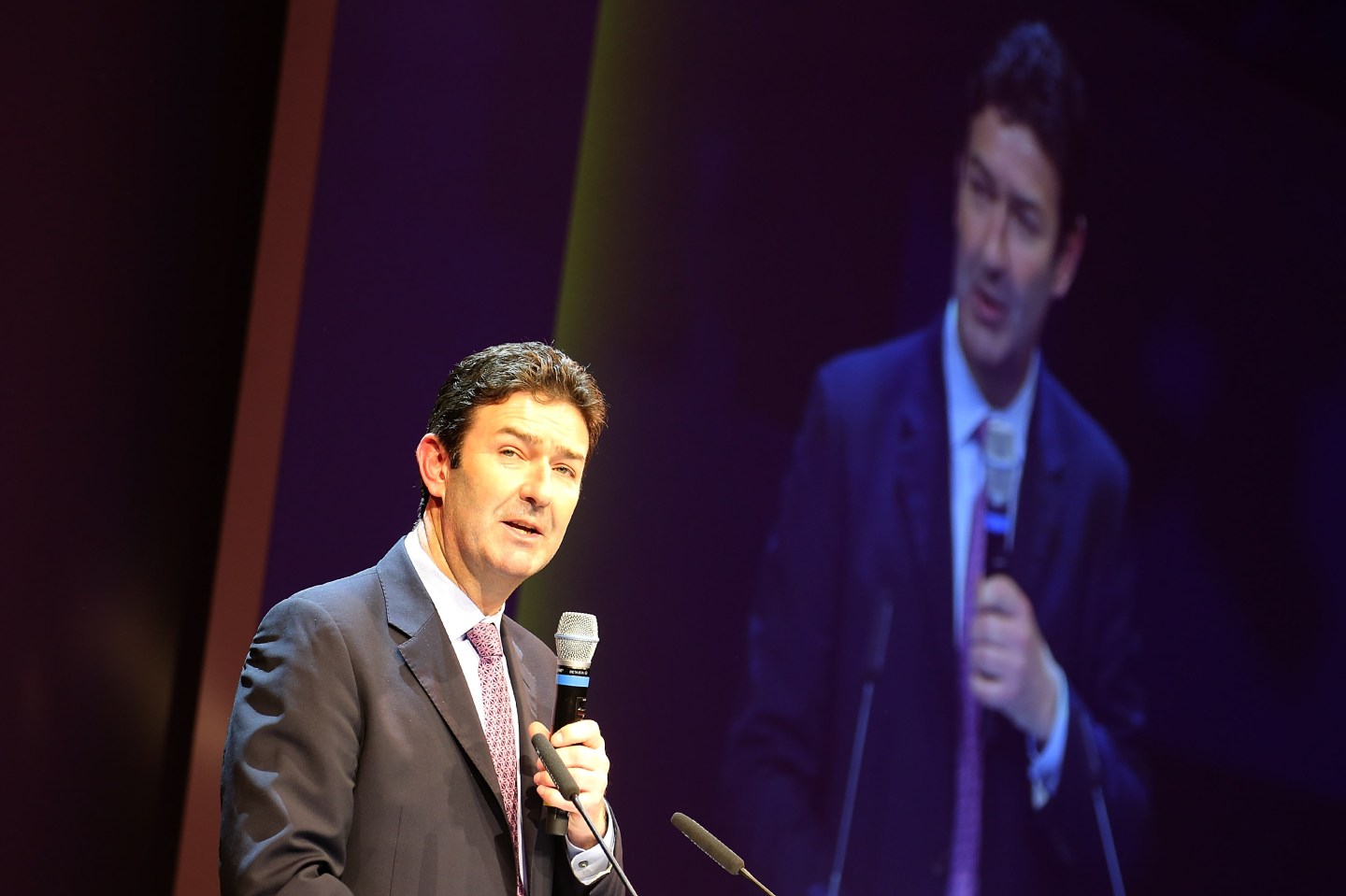As baby boomers head for retirement, members of Generation X, or those born between 1965 and 1980, are taking their places in the c-suite.
The Wall Street Journal reports that this new batch of top executives comes with shared traits, including being more tech savvy on average, quicker to react, and more prone to retaining young employees.
“There is going to be a sea change in terms of the ways that individuals in the corner office lead,’’ Sandra Davis of MDA Leadership Consulting said in an interview with the newspaper. “They are far more nimble and agile.”
CEOs under age 50 have already been tapped to lead some of the world’s largest companies, including Microsoft (MSFT), McDonald’s (MCD), 21st Century Fox (FOX) and Harley-Davidson (HOG), according to the publication.
Satya Nadella, a star Gen X CEO, has used his post to attract from talent from young startups. He became CEO after Steve Ballmer, his older predecessor.
The publication also points out that younger CEOs tend to go for a flatter organization structure versus one that’s highly hierarchical, meaning less bureaucracy and more fluidity in decision-making.












